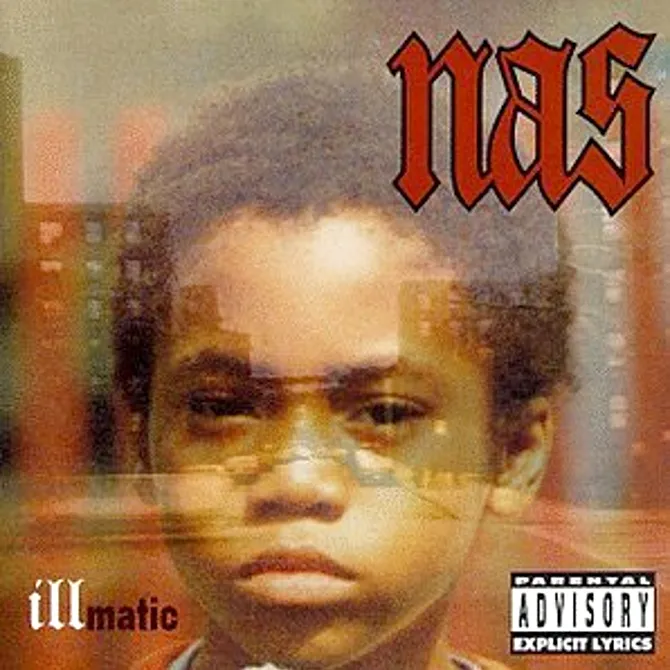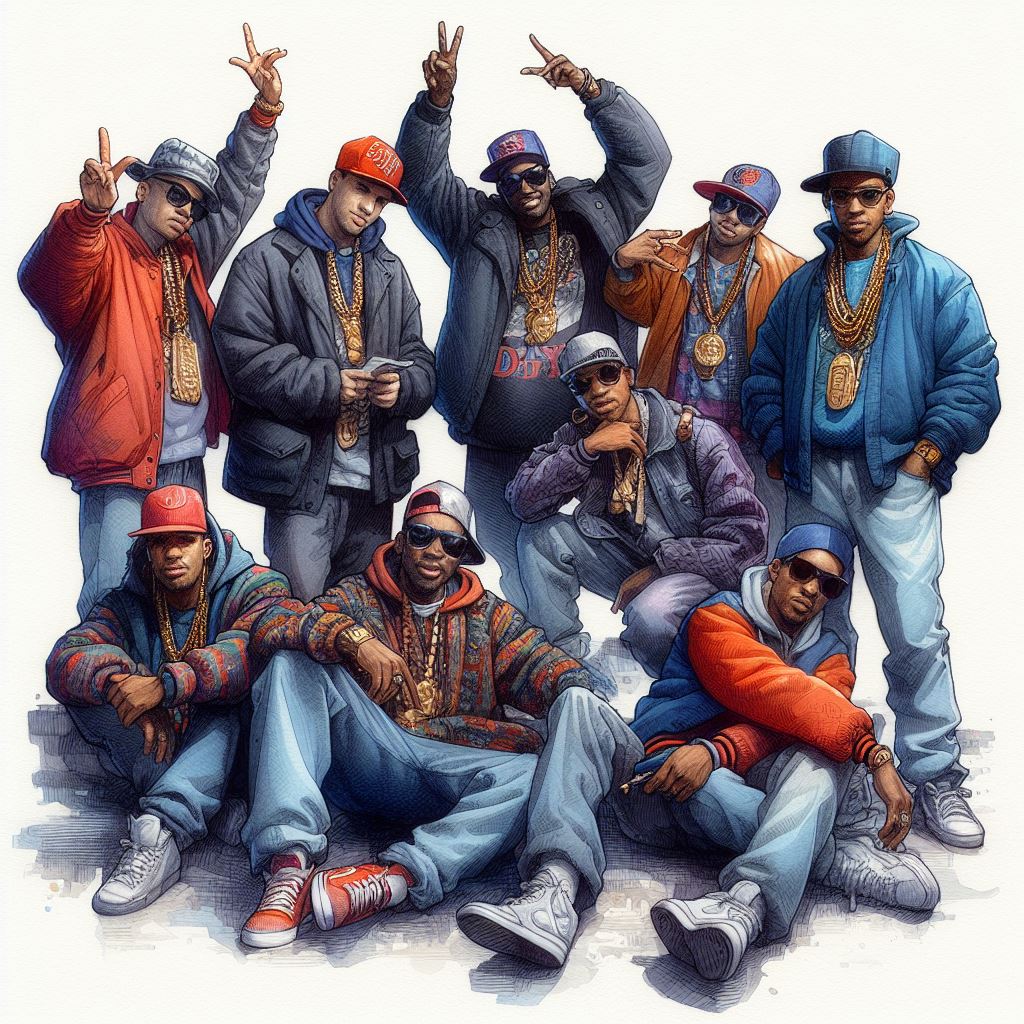Hip-Hop Goes Mainstream

Google Images/Youtube
By the 1990s, hip-hop had expanded beyond New York and could be heard on the airwaves and in clubs in cities such as Los Angeles, Atlanta, Toronto, St. Louis, and New Orleans. By 1989, hip-hop had established itself as a mainstay in popular music. That year, the Grammys introduced a new category - Best Rap Performance - although nominees LL Cool J, Salt-n-Pepa, and Will Smith (who won the award, alongside DJ Jazzy Jeff, for “Parents Just Don’t Understand”) boycotted the ceremony as the award’s presentation was not televised. In the years that followed, hip-hop continuously reinvented itself as rappers, DJs, and producers pushed the boundaries of the genre and took its popularity to new heights.

Google Images
Gangsta rap
Is a subgenre of hip hop that conveys the culture and values typical of urban gangs and street hustlers. It emerged in the late 1980s, with pioneers such as Schoolly D and Ice-T, and later expanded in California with artists such as N.W.A and Tupac Shakur.Gangsta rap often features violent, profane, and controversial lyrics that address topics such as crime, drugs, racism, and police brutality

Bing Image Creator
Conscious rap
Is a subgenre of hip hop that challenges the dominant cultural, social, political, and economic consensus, and/or comments on or focuses on social issues and conflicts. It developed in the 1980s, being inspired by political preachers such as The Last Poets and Gil Scott-Heron, and political hip hop groups such as Public Enemy. Conscious rap is not necessarily overtly political, but it often expresses a social or moral message through its lyrics.Some of the most influential conscious rap artists include Kendrick Lamar, Common, Mos Def, Talib Kweli, and Dead
Alternative rap
Is a subgenre of hip hop that encompasses a wide range of styles that are not typically identified as mainstream. It originated in the late 1980s and early 1990s, with artists like De La Soul, A Tribe Called Quest, and Digable Planets, who incorporated elements of jazz, funk, soul, and rock into their music. Alternative rap is often experimental, creative, and eclectic, blending various genres and influences.